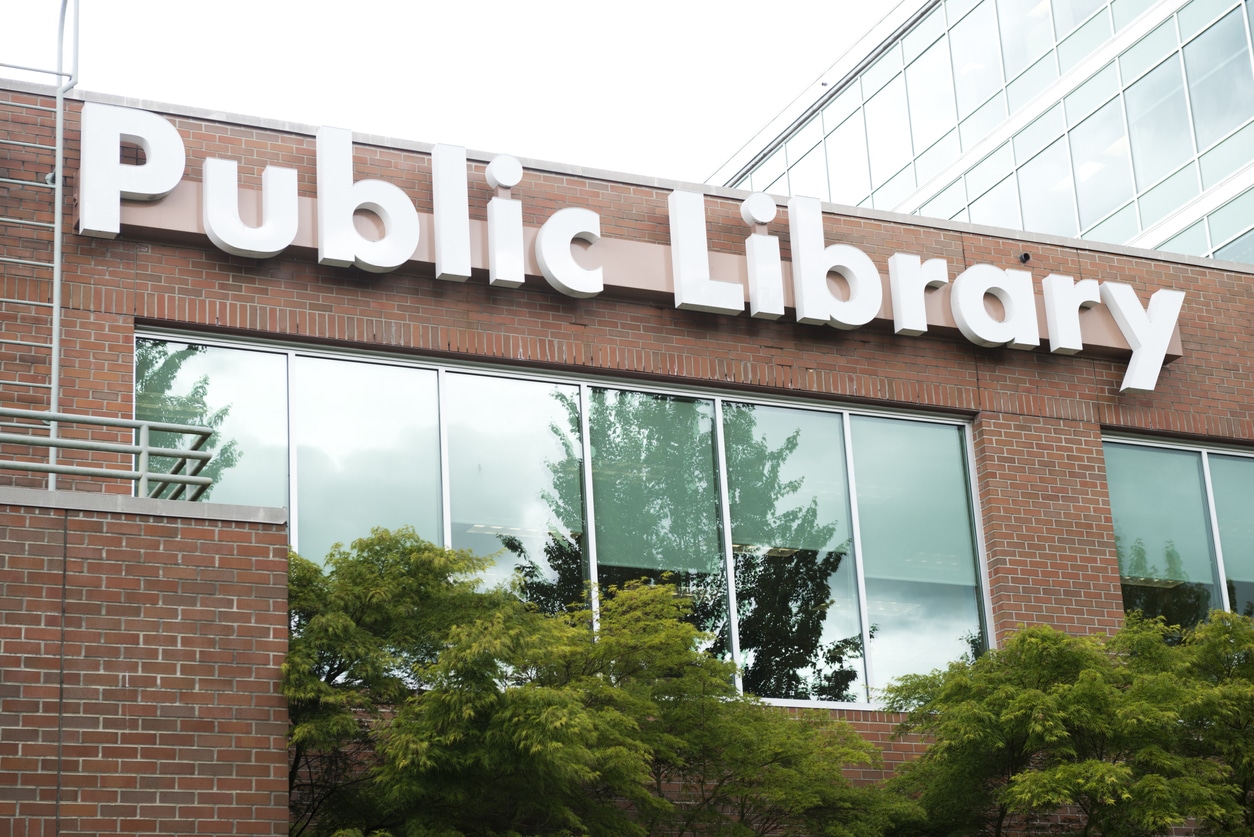Baseball fans love to talk about their first childhood trip to a major-league game and that first glimpse of the glorious green of the field.
I have a similar memory of walking into my first public library at age six, stunned and excited by the thousands of books surrounding me and the knowledge that I could take some home. I’ve never lost my love of public libraries or my admiration for librarians who work hard to preserve a place where ideas can flourish and the entire community can feel welcome.
That’s why it’s so disheartening to see the undermining of public libraries by Tennessee Secretary of State Tre Hargett, who sent a letter ordering Rutherford County libraries to identify any materials in their children’s collections that may be inconsistent with “Tennessee’s age-appropriateness laws” or President Donald Trump’s January executive order regarding “gender ideology,” according to The Tennessean.
The result: The Smyrna Public Library posted an “emergency closure notice,” closing the branch from Nov. 10-15 to “meet new reporting requirements from the TN State Secretary’s Office … for the purpose of reviewing inventory.” The Murfreesboro library will be closed Nov. 17-21 for the same purpose.
Think about that. The government is shutting down taxpayer-supported facilities because it regards some ideas as too dangerous for operations to continue before the shelves are scoured.
What are they looking for among the kids’ books? Trump’s executive order, issued on his first day in office, makes no reference to books or libraries. Instead, it accuses “ideologues” of “denying the biological reality of sex.” Its focus is on same-sex bathrooms, gender identification on passports and separation of male and female prisoners. The secretary of state’s office is basing its local public-library crackdown on this single paragraph: “Federal funds shall not be used to promote gender ideology. Each agency shall assess grant conditions and grantee preferences and ensure grant funds do not promote gender ideology.”
Translation: You can’t use federal funds to buy books that promote a belief that gender is fluid. It doesn’t say a library can’t use non-federal or donated funds to purchase books. It also limits “promotion,” not subject matter, which was acknowledged by Cody York, chairman of the Rutherford County Library System Board in an interview with the Daily News Journal: “I think it would be possible to have a book that discusses transgender if that does not promote it.”
The truth is that references to transgenderism in public libraries typically come in two forms: scientific or medical references, and characters in fictional works. Neither constitutes promotion. There aren’t any books titled, The Trans Lifestyle: Why It’s for You.
Hargett also points to Tennessee’s age-appropriateness law, which was enacted in 2022 and updated in 2024. But here’s what’s puzzling: The law is modeled after obscenity laws and prohibits nudity, excessive violence and explicit sexuality, hardly the stuff of children’s sections. Further, the law applies to school libraries, not public libraries.
Pity the poor librarians given five days to ferret out books that promote transgenderism, or contain nudity, explicit sex or excessive violence in their children’s section. Say what? The first four and a half days would be spent head-scratching.
There’s an irony to the secretary of state’s calling for a review of age-appropriate content because the true experts are already in every library. Certainly, there are books that are not appropriate or worthy enough for libraries, and librarians weed them out in what is an innately carefully and selective process.
Even Hargett’s letter acknowledges this: “Libraries are best suited to make the decisions regarding the books they purchase, and they also have policies in place to review materials that may be challenged.”
So why the letter in the first place? We already have professionals doing their job, while also using a process whereby their decisions can be questioned. What does the state expect to find nestled between Mary Poppins and Winnie the Pooh in a children’s library?
I understand the concern of parents who see books in public libraries that might clash with their family’s values. The answer, of course, is to accompany your grade-school child to the library and make the choices that are right for your family. But is it the government’s job to decide what is right for another family?
To this day, I feel good about walking into a public library. There are still those shelves of books full of ideas, selected by professionals who care deeply about their community – their entire community. It’s time to let them do their jobs.
Ken Paulson is director of the Free Speech Center at Middle Tennessee State University.

